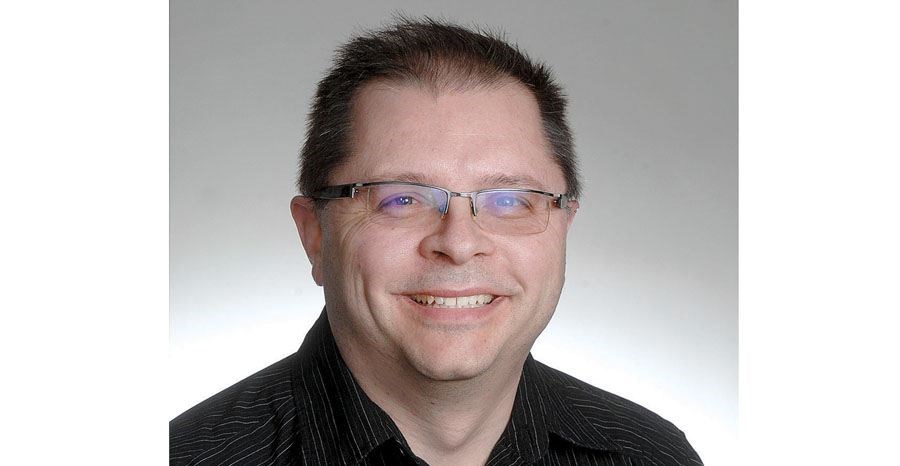As the kids went back to school this week - to the great relief of many parents - educators in all school settings continue to wonder what their role is, what their future looks like and how to reach a new generation of students.
The big issues in education are just as big in Prince George classrooms as they are anywhere else in B.C. or even in Canada. The uncertainty inside the classrooms aren't just the ones at elementary and secondary schools, they also include the lecture halls and laboratories at colleges and universities.
Sadly, teachers and instructors have been left to fend for themselves as labour disputes, funding issues and philosophical infighting have dominated the discussion, at the expense of the core mission of educating.
As a result, the difference in experience from one teacher to another at any level is as massive as the diversity among students.
Some teachers encourage technology in the classroom, including smartphones and tablet computers, as a learning tool while others see technology as an unwanted distraction.
Some teachers communicate regularly with students and parents through email and social media. Others wait for the traditional meet-the-teacher night to talk to parents.
Some teachers adapt the curriculum to meet the needs of students while others insists students adapt to meet the requirements of the curriculum. Some teachers seek to inspire their pupils to learn, while others see their role as more focused on knowledge outcomes over student engagement. Some stress firm, consistent discipline while others prefer a more tolerant and passive approach.
The problem is that individual children (and adults) respond to different subjects, different teachers and different teaching styles in unique ways.
There is no single right way to teach math, there is no best way to learn basic multiplication for each and every kid.
As a result, a growing number of educators and administrators are urging a break from standardized education towards a more customized approach, one that makes the system fit to the student, rather than the opposite and more traditional style.
These efforts are important and should be explored fully, particularly among the aboriginal population to help increase an appallingly low high school graduation rate compared to the rest of the population.
Specific learning plans are already put in place for vulnerable kids or students with physical, mental and/or emotional challenges. Expanding that approach to embrace the individuality of each student makes sense.
The danger, however, lies in accountability.
Who's to blame when a personalized education model doesn't work?
Critics of standardized learning blame the system but if a student still isn't advancing with custom instruction, then what? Personalized education changes the path to learning, but it doesn't change the destination and the two must not be confused.
In the classroom, as in life, effort is important but outcomes are essential.
"I tried" will always take a back seat to "I did" and any child told different is being fed a lie.
It's stating the painfully obvious that education is about the students first and their learning outcomes but more than a few teachers, administrators and education ministers over time have put themselves and their bureaucracies first, claiming with all good intention that what is good for the providers of education must be good for the receivers of that education. This is also a convenient lie.
Providing and acquiring an education should be hard work for teacher and student.
It can be fun, it can be interesting and engaging but meaningful success includes frustration and failure, obstacles and repetition.
There are no short cuts.
Kids instinctively understand that, from learning how to tie their shoes to understanding the basics of calculus and physics, from figuring out how to set a volleyball to how to drive standard.
Kids, like adults, enjoy the sense of accomplishment that comes with mastering new skills.
That satisfaction of taking a difficult chore and making it easy through hard work and continuous effort is far more rewarding and inspiring for everyone involved, both in the short and long term.
-- Managing editor Neil Godbout



